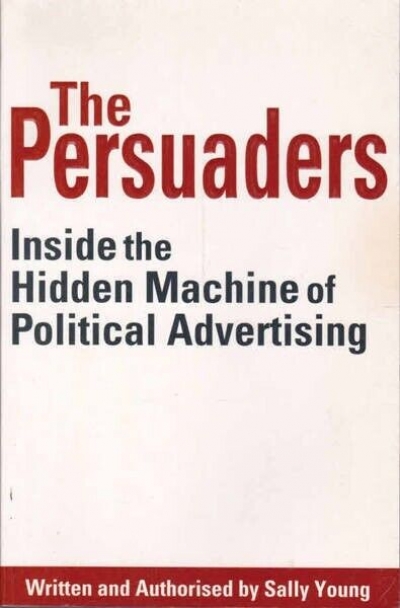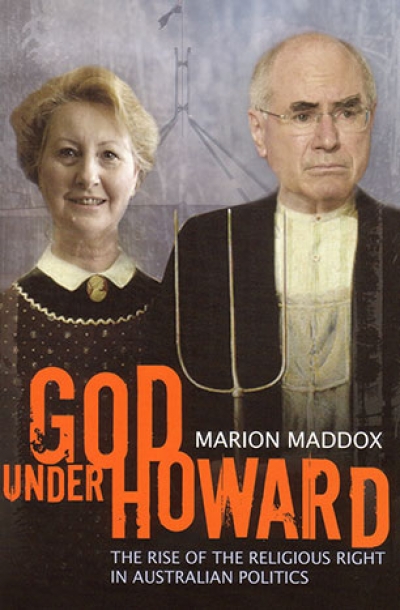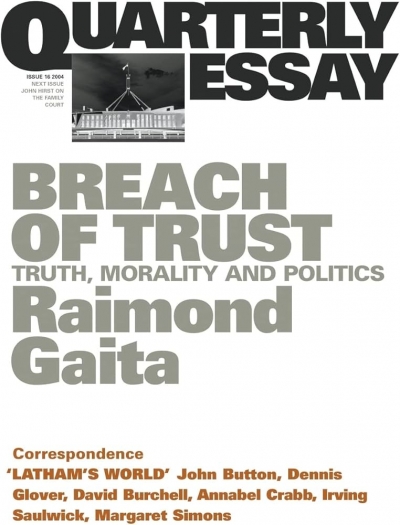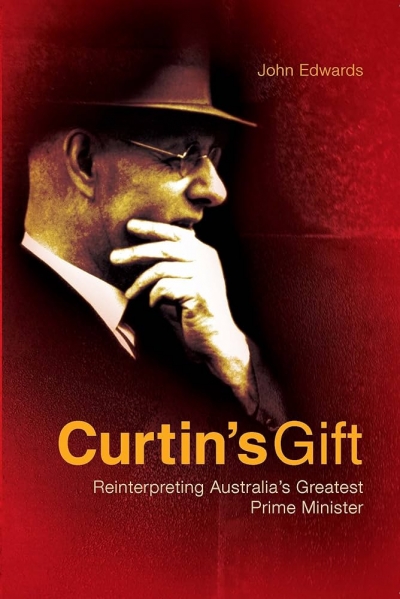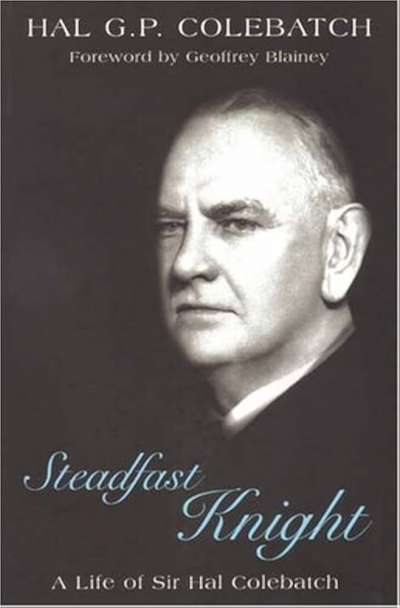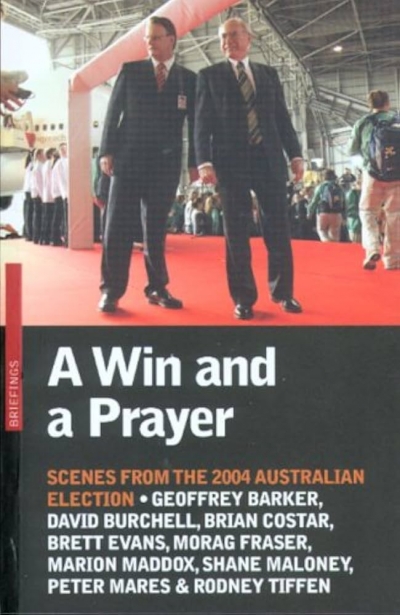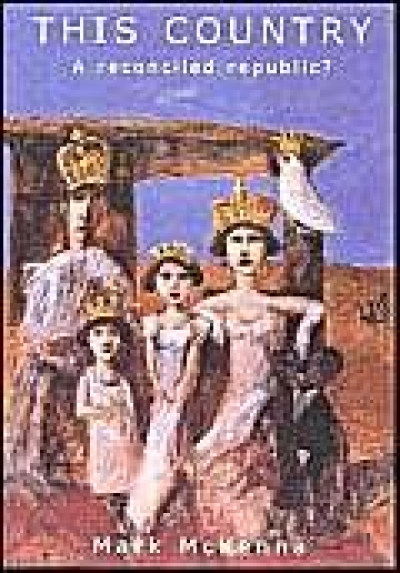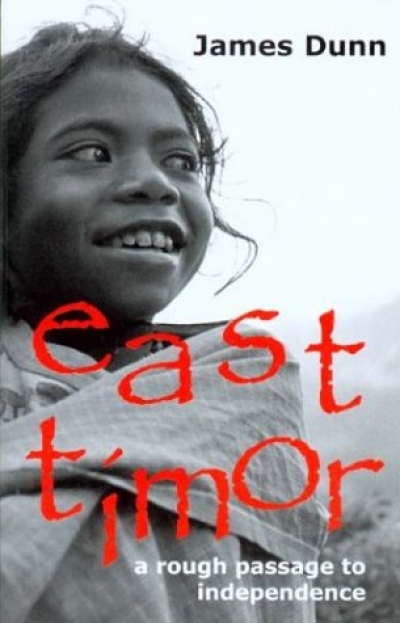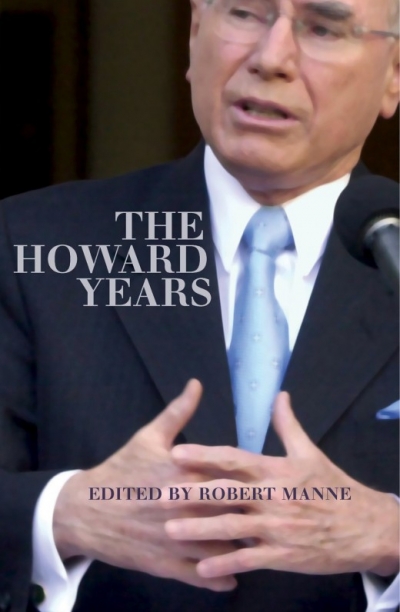Australian Politics
Australia: Nation, belonging, and globalisation by Anthony Moran
by Tim Rowse •
The Persuaders: Inside the hidden machine of political advertising by Sally Young
by Grant Bailey •
God Under Howard: The rise of the religious right in Australian politics by Marion Maddox
by James Upcher •
Quarterly Essay 16: Breach of trust: truth, morality and politics by Raimond Gaita
by John Uhr •
Curtain's Gift: Reinterpreting Australia's greatest prime minister by John Edwards
by John Wanna •
Steadfast Knight: A life of Sir Hal Colebatch by Hal G. P. Colebatch
by Paul de Serville •
A Win and A Prayer edited by Peter Browne and Julian Thomas & Run Johnny, Run by Mungo MacCallum
by Philip Selth •


